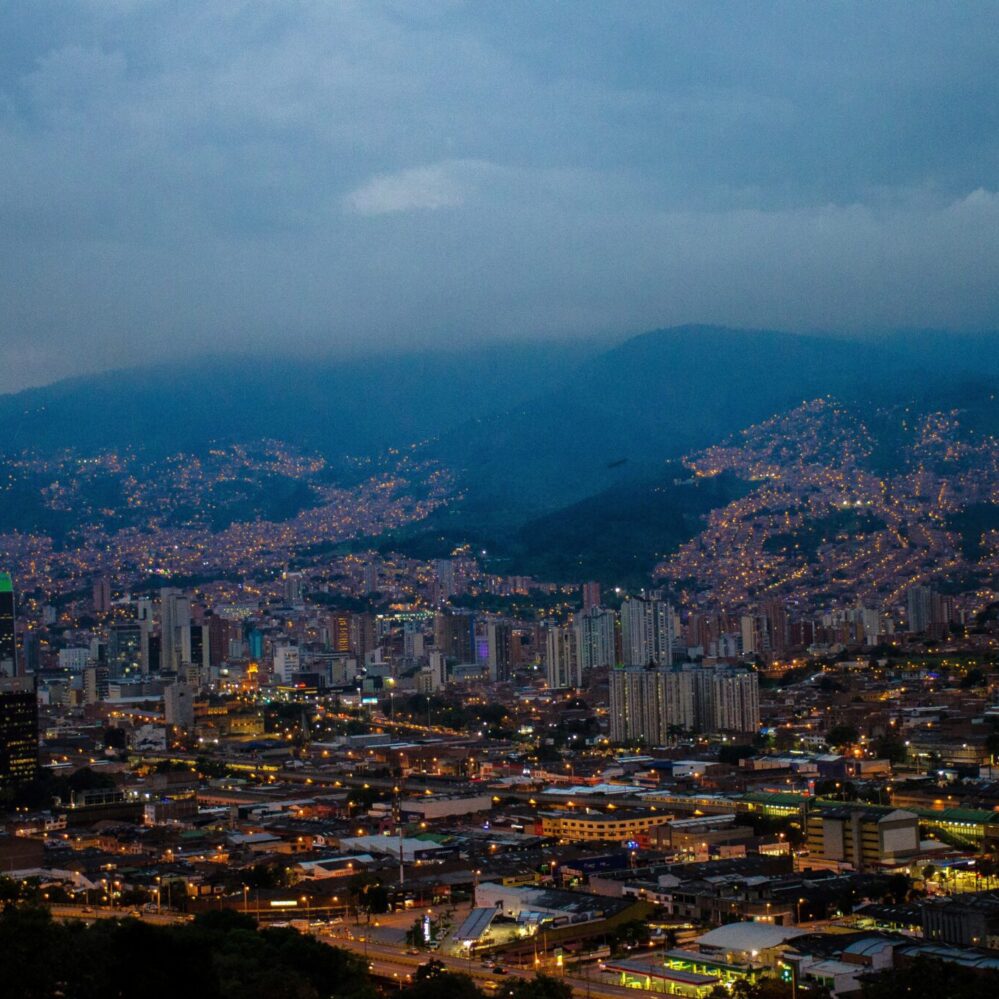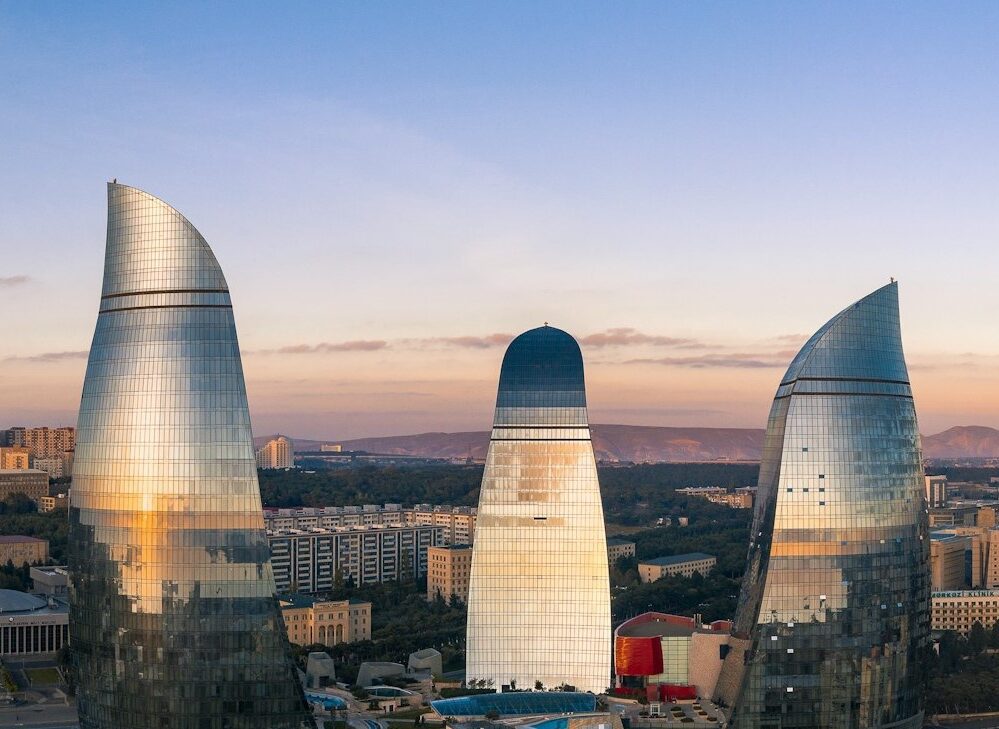Convened by UN Climate Change High-Level Champion for COP28, Her Excellency HE Razan Al Mubarak alongside the Marrakech Partnership, Race to Resilience partners and Race to Zero partners, for the first time at COP a Special Event on Informality took place on 21 November at COP29 in Baku, Azerbaijan.
Throughout her tenure as High-Level Champion, HE Razan al Mubarak has challenged partners on what can be done to empower people, especially women, living in informality. This aligns with the priorities of the incoming UN Climate Change High Level-Champion for COP29, H.E. Nigar Arpadarai, on identifying and celebrating Impact makers and climate proofing SMEs – especially small enterprises operating in the informal urban sector.
“Across sub-Saharan Africa, Asia, and Latin America, the informal sector drives significant portions of GDP and provides the majority of jobs. Micro and small enterprises, often informal, make up 90% of businesses globally, yet they are often excluded from global climate dialogues. This exclusion must change,” highlighted H.E. Razan al Mubarak.
The critical, cross-cutting considerations of informality map on to the 2030 Climate Solution outcomes across all systems, especially for Human settlements, Health, Transport and Energy.
The Special Event on Informality set out the actions non-State Actors (NSAs) are doing to empower people living in informality and how these can be taken to scale. In addition, a Working Group on Informality under the Marrakech Partnership was announced by H.E. Razan al Mubarak. The Working Group aims to support partners to work more closely on the informality agenda, particularly on the road towards COP30. As such, the new Working Group will complement existing efforts by partners and stakeholders under the 2030 Climate Solutions.
“Thus far, billions of humans living and working in informality have been excluded from discussions on climate change – and notably, even the vast majority of national climate change policies, despite being some of our most vulnerable communities. This Special Event on Informality is a key stepping stone on giving voice to the voiceless, and a seat at the table for the most marginalized groups of people,” said Kobie Brand, ICLEI Deputy Secretary-General, during one of the panel discussions.
The event aimed to amplify the voice of grassroots practitioners, leaders within the informal marketplace, cities and subnational governments working with informal communities, and Marrakech Partnership stakeholders already supporting the empowerment of those living and working in informality; recognizing that – by having a voice in the room – people living informality can help deliver systemic change and ambitious climate action with cities, regions, businesses and governments.
Rose Phukuntsi, Mayor of Tswelopele, South Africa, stated: “We have a window of opportunity now, to incorporate not just stronger urban content into the NDC revision process, but to guarantee that targets are set to uplift our most marginalized and vulnerable urban populations – women, youth, indigenous people, informal communities.”
The session showcased ambitious actions and commitments made by a wide range of non-state actors, while delivering calls for stronger urban content (including on informality) in the NDC 3.0 revision process by national governments.





